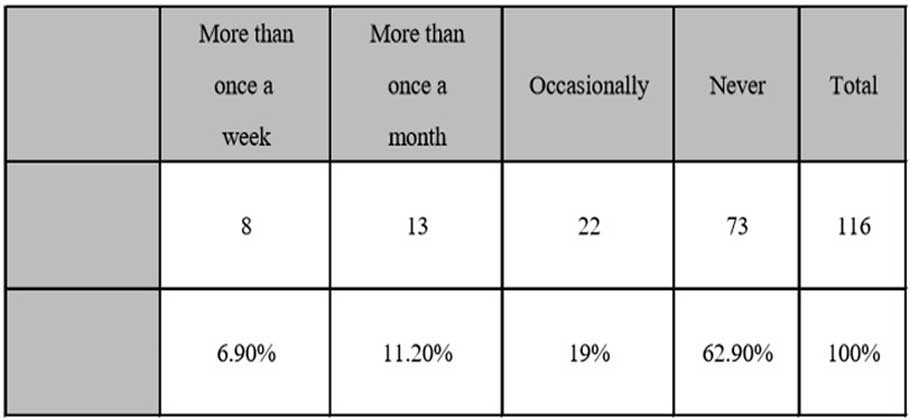
It's every parent's nightmare: your previously bubbly, spontaneous child suddenly turning introspective and unwilling to participate. When you try to fish, or outright ask whether she is being bullied at school, she may say everything is fine. When something is clearly wrong.
Researchers have found that children do not always realise what bullying entails. When it's not as clear as a punch in the gut, they may think being victimised at school is a result of their own inadequacy or shortcomings.
On the other hand, teachers sometimes feel powerless when parents complain about their child being bullied at school, because kids are clever enough to hide it from the authorities. This makes the addressing of bullying even harder.
WATCH | Local experts unpack the issue of school bullying
Enters Gail Dore with her practical book Bully-Proof: A Practical Guide for Parents, Teachers and South African Schools. It tackles bullying head-on: the culture, the mechanics, and the solutions.
With special permission from Struik Lifestyle, Parent24 is publishing this survey that parents and schools alike can use to identify the problem and scope of bullying in their own child or in a school:
Bullying questionnaire
This questionnaire can be adapted to include questions that will give you more specific information, if such is required.
Importantly, when this is used in schools, this survey should always be confidential, and should never solicit the names or details of anyone involved in bullying. Also, advise learners of the confidentiality of the survey, and that their anonymity is assured.
Note: Even though bullying is explained on the questionnaire, it's a good idea to discuss the definition with learners before they fill in their responses. Younger learners may require some help in understanding the questions. Explaining the meaning of each question, when necessary, is acceptable.
Definition for younger children:
Bullying is when one child, or a group of children, does something to hurt or harm another child on purpose, once or more than once.
Bullying can be hitting, kicking, pushing, biting, name-calling, picking on, laughing at, gossiping, spreading rumours or other hurtful behaviour.
Definition for older children:
Bulling is the repeated actions of one person, or group of people, to deliberately cause hurt, harm and/or humiliation to another person.
Bullying can be hitting, kicking, pushing, biting, name-calling, picking on, laughing at, gossiping or spreading rumours about someone and includes sexual, racial or ethnic insults and other hurtful behaviours.
Instructions for kids:
DO NOT PUT YOUR NAME ON THIS FORM.
Using a pencil, mark with an X those answers that you feel are the most accurate. If you change your mind, you may rub it out and choose another answer.
To download this questionnaire click here.
The questions:
1. I get physically bullied (hit, kicked, punched, pushed around)
more than once a week
more than once a month
occasionally
never
2. I get called names, laughed at, made fun of or verbally insulted
more than once a week
more than once a month
occasionally
never
3. My friends talk behind my back, spread rumours about me and/or exclude me from the group
more than once a week
more than once a month
occasionally
never
4. I get sexually harassed at school
more than once a week
more than once a month
occasionally
never
5. People use the Internet, chat rooms, social media etc. to say hurtful things about me
more than once a week
more than once a month
occasionally
never
6. I bully other children
more than once a week
more than once a month
occasionally
never
7. I get bullied, or see bullying happening most often in
the classroom
the corridors
the toilets
the sports fields/playground
behind buildings
I don't get bullied or see it happening anywhere
8. I get bullied, or see it happening
before school starts in the morning
during school time
at break
after school
on the bus/taxi going to or from school
walking to and from school
I don't get bullied, or see it happening anywhere
9. If someone bullies you, do you
fight back
get into an argument with that person, or group
cry
run away
keep quiet about it
tell an adult about what has happened
I don't get bullied
10. When you see somebody else being bullied, do you
join in by copying what the bully is doing
laugh
not join in, but watch what is happening
walk away and ignore the bullying
try and help the person being bullied
try and stop the bullying yourself
report the bullying to a teacher or another adult
I don't see any bulling taking place
11. When bullying is reported, the teachers...
never do anything about it
sometimes do something about it
always do something about
12. How safe do you feel at school?
I never feel safe at school
I feel safe at school sometimes
I always feel safe at school
To download this questionnaire click here.
COLLATING AND ANALYSING THE DATA
The easiest way to collate the data is to use spreadsheets, but if this option is not available to you, the data can be collated manually.
It's best to do this grade by grade, which keeps the age-groups together, and then to take it question by question. Begin by drawing up columns in which you can record the number of responses to each of the options given for each question. For example:
Grade 3 responses to Question 1:

Calculate the percentage of each of the responses, and write it into the relevant column. Once you have completed each question for all the grades, you can use the information you now have in the percentages to draw up a bar graph or pie chart.
The use of a bar graph or pie chart will provide a helpful, visual overview of what type of bullying is more prevalent, which grades are most affected, what the general attitude among the learners is, and so forth.
Extracted with kind permission from Bully-Proof by Gail Dore (Struik Lifestyle), available from Takealot, Loot and Exclusive Books.
Chatback:
Share your stories and questions with us via email at chatback@parent24.com. Anonymous contributions are welcome.
Don't miss a story!
For a weekly wrap of our latest parenting news and advice sign up to our free Friday Parent24 newsletter.
Follow us, and chat, on Facebook and Twitter.




 Publications
Publications
 Partners
Partners











